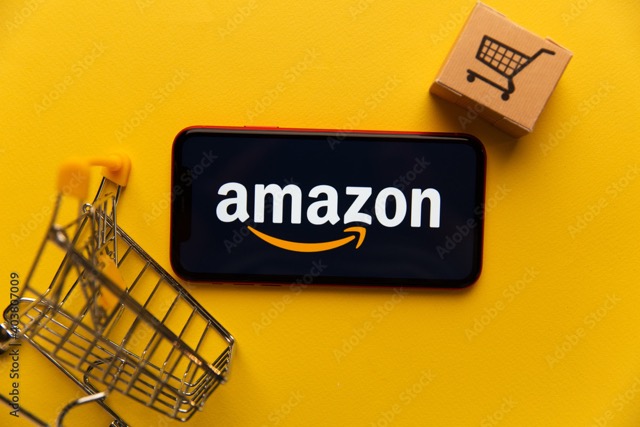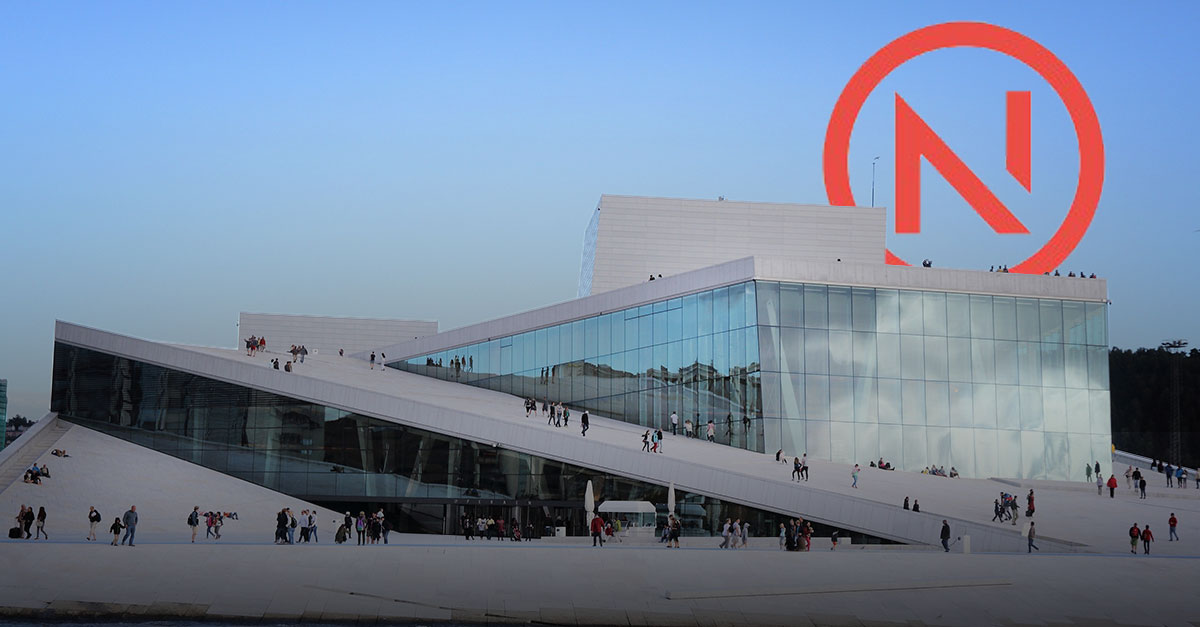
Part 2: Turning Chaos into Opportunity: Amazon's Secret to Adaptive Supply Chain Planning
In the traditional supply chain playbook, volatility is treated as a threat. Complexity is something to be minimized. The goal is stability. Predictability. Control.
But Amazon flipped that script.
Rather than fearing complexity, Amazon built systems to harness it. Instead of reacting to volatility, they embraced it and turned it into an advantage. Their supply chain doesn't just survive disruption; it thrives in it.
It's time for other supply chains to follow that lead.

How Amazon Rewrote the Rules
Amazon's magic isn't just about speed or scale; it's about adaptability. It's the ability to respond in real-time to shifting conditions, using data as a compass and fuel.
Here's what that looks like in practice:
- A customer clicks "buy."
- That data instantaneously updates forecasts, triggers fulfillment activity, and potentially shifts inventory allocation.
- If weather, traffic, or supplier issues interfere, the system pivots. Automatically.
Amazon has achieved what most traditional supply chains struggle with: real-time orchestration across functions and locations. Their systems don't rely on static rules or manual overrides. They rely on continuous sensing, simulation, and adaptation.
The Supply Chain Opportunity Hiding in Chaos
What's often perceived as chaos: demand variability, supplier delays, and geopolitical shocks are, in reality, rich data. When harnessed correctly, that data can inform smarter decisions, faster pivots, and better performance.
This is the essence of adaptive planning. It's not about preventing uncertainty. It's about using it.
At ketteQ, we've built a system designed to do just that.
Bringing Amazon's Playbook to Life with ketteQ
ketteQ, built natively on Salesforce, connects sales, service, operations, and planning into a single system. The result? No more fragmented spreadsheets, siloed data, or disconnected forecasts. Just real-time, cross-functional visibility and control.
At the heart of the platform is PolymatiQ™, our agentic AI engine that enables:
Scenario modeling at scale: Simulate the impact of new promotions, supply delays, or regulatory changes before they happen.
Continuous learning: Adjust plans as new data arrives without starting over.
Real-time decision-making: Choose the optimal path based on operational and financial tradeoffs.
This isn't just planning automation. It's planning that thinks.
And when things go wrong, as they inevitably will, you're not scrambling. You're already adapting.

Agentic AI: The New Planning Partner
Agentic AI brings something new to the table: the ability to act on behalf of planners in semi-autonomous ways. Think of it as a team of digital assistants constantly working behind the scenes to:
- Resolve tradeoffs
- Anticipate bottlenecks
- Flag risks
- Suggest paths forward
And it all happens at machine speed.
The result is a supply chain that behaves more like Amazon's, which is fluid, intelligent, and always one step ahead of disruption.
A Shift in Thinking, A Leap in Performance
Most supply chain systems weren't built for what companies face today. They were built for predictability. For averages. For "most likely" scenarios.
But the world doesn't run on averages.
Amazon understood that early and designed systems to plan for every possibility, not just the most probable one. With ketteQ, that level of responsiveness and intelligence is finally available to the rest of us.

Ready to Turn Complexity into Advantage?
Volatility isn't going away. But your response to it can change.
Download the full white paper: What Tesla, Amazon, and Netflix Can Teach Us About Supply Chain Planning
Learn how ketteQ brings Amazon-style adaptability to supply chains through agentic AI, scenario modeling, and real-time orchestration.





